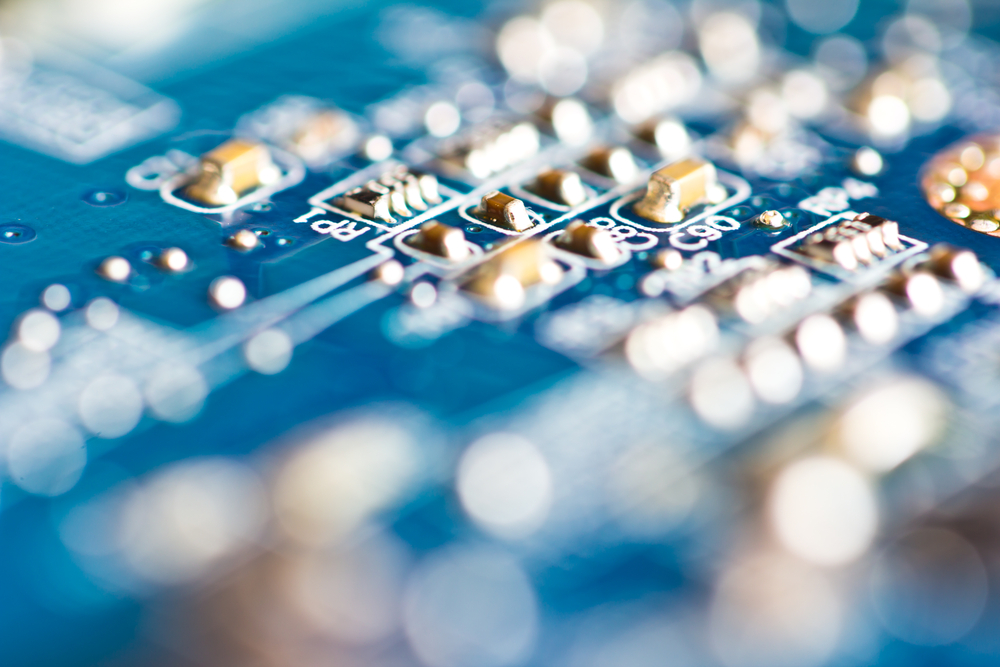Summary:
AI era startups face a paradox: rapid scaling is possible, but durability is harder than ever
Reasoning flywheels are the new moat, leveraging data and engagement for defensibility
Traditional IP-based defensibility is less reliable in the AI era
The pace of AI evolution is unprecedented, making the dot-com era seem slow
Seattle is well-positioned to lead in AI innovation, thanks to its talent pool
Building a startup in the AI era presents a paradox: early stage companies can scale rapidly — but they’re also more vulnerable than ever.
“It’s never been a more disruptive time. That’s the good news,” said Matt McIlwain, managing director at Madrona. “The bad news is, it’s never been a less durable time.”
McIlwain joined his former colleague Greg Gottesman, managing director at Pioneer Square Labs, on stage at Seattle Venture Day to share insights on how the AI era is rewriting the startup playbook.
New Moats in the AI Era
In a world where large language models and open-source tools are widely accessible, defensibility looks different. McIlwain introduced the concept of “reasoning flywheels” — a new type of moat where startups use data, engagement, and tailored workflows to build value.
The pattern works like this:
- Start with publicly available data and models.
- Build a superior user experience, grow customer engagement, collect proprietary data, and use that data to refine the models.
- That, in turn, improves workflows and generates even more data.
Gottesman emphasized that traditional defensibility based on ideas or basic IP is less reliable now. Startups must explore new pricing structures, delivery models, and user experiences — not just product features.
Unprecedented Pace of Change
The Seattle VCs compared the AI revolution to the dot-com era but noted its breakneck speed makes the internet revolution look slow. “Even having done this for almost 30 years, I’m unfamiliar with this pace of change,” Gottesman said.
McIlwain highlighted how models become obsolete rapidly, using GPT-2 as an example. “The models depreciate — but intelligent applications and agentic workflows tend to have a flywheel effect,” he noted.
Both stressed the importance of customer feedback and building diverse teams. “Surround yourself with the most incredible people you can,” Gottesman advised.
Seattle’s Position in the AI Revolution
Both investors are bullish on Seattle’s potential to lead the next wave of AI innovation. “We have such incredible talent in the right areas,” Gottesman said, envisioning the creation of the next great iconic company in Seattle.









Comments